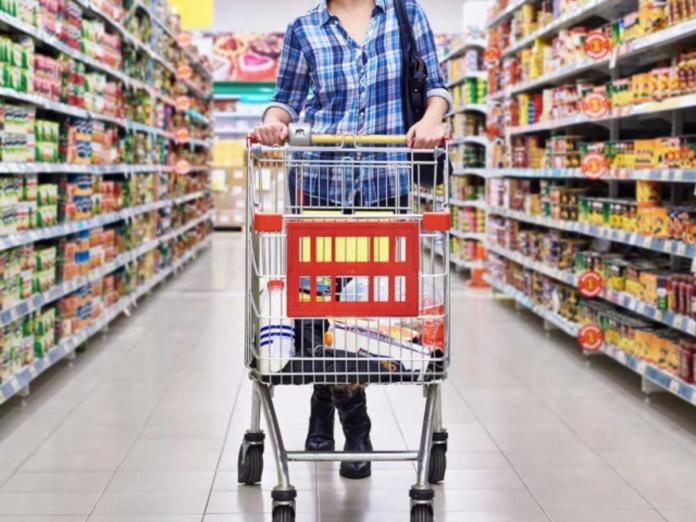SUPERMARKET giants Pick n Pay and Shoprite have both highlighted the impact of the substantial additional costs incurred to remain open for trading during the early months of the lockdown in recent trading updates to shareholders.
Pick n Pay said additional costs were incurred in reinforcing stringent health and safety standards – including rigorous cleaning and sanitising protocols. Staff also needed to be provided with cloth face masks and clear protective screens were installed at till points. Free sanitising wipes and sprays were readily made available for customers and staff.
Pick n Pay also paid an ‘appreciation bonus’ of R1 000 to every front-line colleague across April and May – in recognition of their service in difficult circumstances.
Shoprite provided more granular detail on the costs of protecting staff and customers during lockdown – disclosing a net total of R327.2 million was spent across the areas of health and safety, security, mobile clinics, personal protective equipment, temperature scanners, store and distribution centre sanitation, employee meals, communication costs and remote network access for employees. Shoprite said the most significant spend pertained to R116.9 million paid to employees – including an appreciation bonus.
The bottom line was that Pick n Pay expected earnings for the 26 weeks to end August to drop by more than 50%.
CEO Richard Brasher said that while the trajectory and impact of COVID-19 in the coming months remained highly uncertain, the group was hopeful that many of the costs and trading restrictions seen in the first half of the financial year will not be repeated.
“We have prudently and carefully preserved our cash through tight working capital management and a keen focus on critical capital and operational spend. Our business remains strong and stable, and well-placed to serve customers and shareholders in the future” he said.
Shoprite appeared to have fared markedly better with CEO Pieter Engelbrecht citing digital voucher innovation, ongoing private label development and the conversion of Checkers Food Services (CFS) business to include a consumer facing offering as highlights.
He added that the rapid scaling of the Checkers Sixty60 digital shopping application – after a test phase introduction in November 2019 – was operational from 87 stores nationwide by June 2020.
Shoprite said its supermarkets in South Africa saw sales growth (inclusive of liquor) of 8.7% for the year to end June.
Lockdown saw customer visits for the year declining by 7.4%. But average basket spend increased by 18.4%. “Superb execution across the business coupled with considerable efforts from our suppliers resulted in volume growth of 2.3% for the year.”
Engelbrecht said market share figures – insofar as they were available (up to the end of May 2020) – reflected consecutive monthly market share gains for Shoprite for the past 15 months.
Not surprisingly then Shoprite has pencilled in a worst case scenario of earnings dropping 1.5% and a best case scenario of earnings increasing 6.4%.
Woolworths – a hybrid of groceries, fashion and homeware – said that in the year to end June there was a significant impact from Covid-19 in the second half of the financial year. Earnings would drop by between 60% and 70% and the influence of Covid-19 was expected to impact trading for at least the remainder of the calendar year.
Clicks Group, the health and beauty retailer, disclosed that turnover increased by 10% to R32.3bn in the 49 weeks to 9 August. The group expected earnings to be up by between 10% and 15%.
Clicks noted trading patterns shifted as customer shopping behaviour changed in response to the various lockdown level restrictions and consumers chose to stay home to reduce the risk of contracting Covid-19, contributing to significant growth in on-line shopping since the start of lockdown.
Clicks did report a decline in the frequency of customer visits during the lockdown – but also reported the average basket value had increased over this time.
The group said “The decline in footfall at super regional and regional malls across the country has impacted sales in destination stores. However, Clicks is well positioned in this environment with over 70% of its stores located in convenience and neighbourhood shopping centres.”
Interestingly, Clicks noted that pharmacy sales had been negatively impacted as the country had not experienced a traditional winter cold and flu season – which is generally a strong driver of sales growth.
The group added: “The incidence of colds and flu has been limited as South Africans are wearing face masks during the pandemic, social interaction has been limited, schooling restricted and large numbers of people are working from home.”
